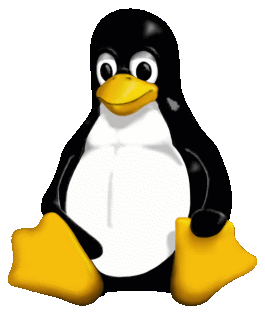I've been using Linux on both work and personal machines for 13 years. Over time I've tried various distributions, changed the nature of my work, and revisited other operating systems to arrive back to the same conclusion every time: Linux works best for me.

The reason I started using Linux remains the reason why it's my operating system of choice today:
It's free and easy to install most software under an open source license that allows both commercial and non-commercial use.
That means software to do common tasks is available for free without limitations. The cost of entry for exploring and learning new things is zero.
The amount of packaged software available in major Linux distributions is incredible. Niche open source operating systems don't have this wide selection of high-quality software. Proprietary operating systems have high-quality software but there is constant irritation in dealing with the artificial limitations of closed source software. The strength of Linux is this sweet spot between high-quality mainstream software and the advantages of open source software.
The pain points of Linux have changed over the years. In the beginning hardware support was limited. This has largely been solved for laptops, desktop, and server hardware as vendors began to contribute drivers and publish hardware datasheets free of NDAs. Class-compliant USB devices also cut down on the number of vendor-specific drivers. Nowadays the reputation for limited hardware support is largely unjustified.
Another issue that has subsided is the Windows-only software that kept many people tied to that platform. Two trends killed Windows-only software: the move to the web and the rise of the Mac. A lot of applications migrated to pure web applications without the need for ActiveX or Java applets with platform-specific code - and Adobe Flash is close to its end too. Ever since Macs rose to popularity again it was no longer acceptable to ship Windows-only software. As a result so many things are now on the web or cross-platform applications with Linux support.
Migrating to Linux is still a big change just like switching from Windows to Mac is a big change. It will always be hard to overcome this, even with virtualization, because the virtual machine experience isn't seamless. Ultimately users need to pick native applications and import their existing data. And it's worth it because you get access to applications that can do almost everything without the hassles of proprietary platforms. That's the lasting advantage that Linux has over the competition.